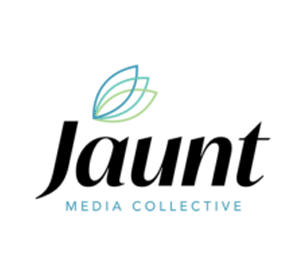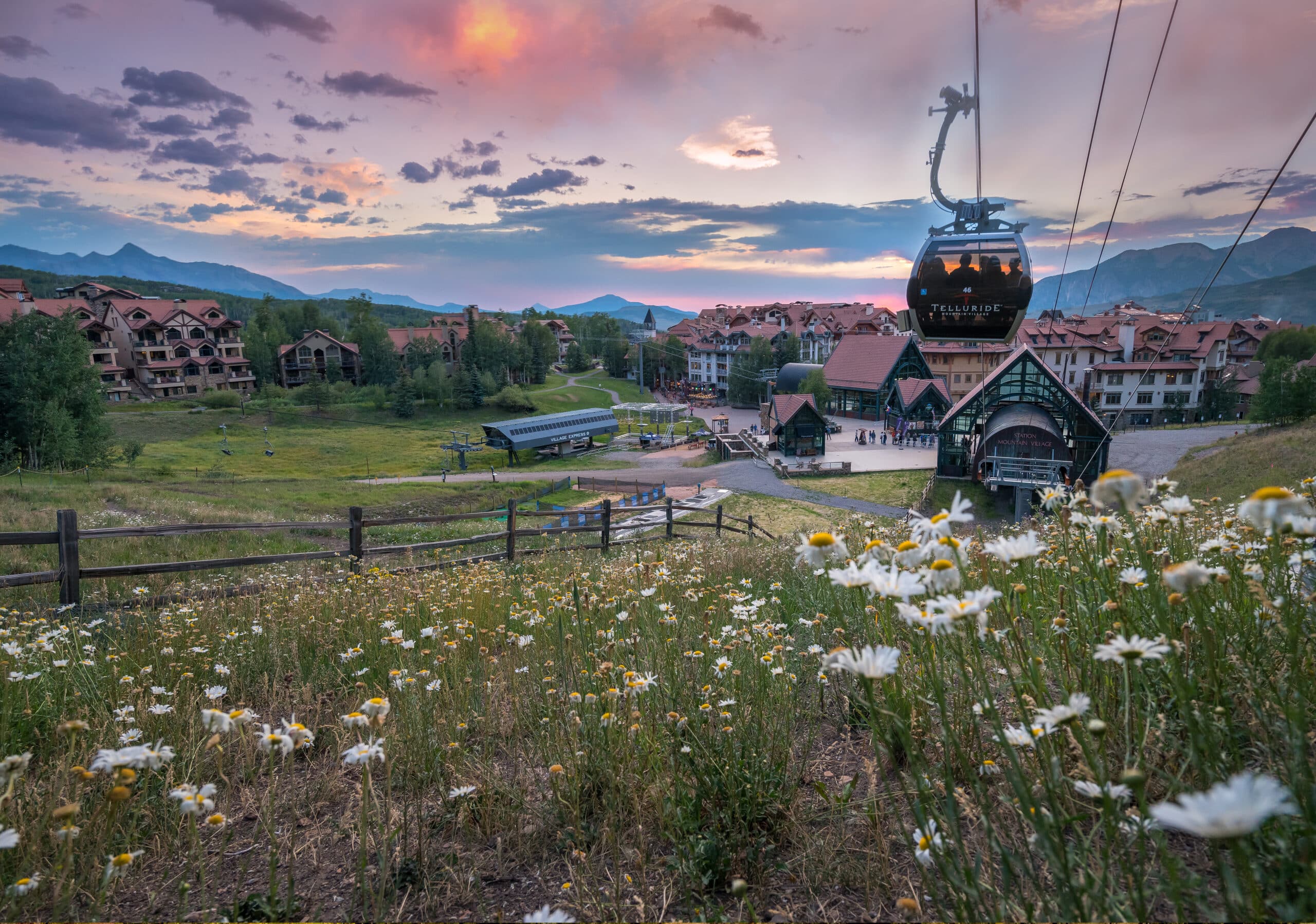Why Your Addiction to Wellness is Making You Sick | By Sue Hunt
Let’s take a moment and zoom out, looking at the full systems picture of the “wellness boom” and its hyper-commercialization over the last decade. We are a material obsessed culture that is constantly fed the consumer lifestyle. This in itself is counter-intuitive to the growth of our own personal and communal well-being.
In order to mass market wellness, beauty and self-care products, the subliminal messaging within this industry often leverages our own insecurities against us. This reinforces hierarchical systems, economic stratification, unrealistic beauty standards and a “morning routine” that incorporates products extracted from all over the globe. Many of these hidden issues are woven into a sales narrative with hollow “do good” promises and smiling white faces.
It’s not as if the desire to live a fluid life in which one thrives is inherently a bad thing. It is the lengths in which we are willing to go to obtain these unrealistic standards, sold to us as “wellness,” that is the problem. Underneath these unrealistic standards, that often wage war against our body/minds, is this insatiable root deprivation that often is not addressed in commercial and mainstream “wellness.” Alongside that is the systemic imbalances that are often reinforced from such a focus on “individualism” at all costs, leading to more extractive behavior and buying into an already imbalanced system.
Seeing through the smoke mirrors of marketing and branding within the wellness industry is a powerful first step, in understanding how and what to consume in a way that honors self, community and earth. At this juncture, it is imperative to let go of the perfectionism narrative that is making us ill in our mental landscape and oftentimes becomes an outward expression of apathy.
For many of us who wish to explore our own health and thrive outside of an extractive capitalistic system, deliberate and appropriate action is needed, along with self-responsibility, growth and support.
In chapter four of my book, Transitory Nature: Breaking Binaries For Integrated Being, we start at square one examining language, subliminal cultural messaging and self-identity around the lack/abundance binary. Through practice and new inner narratives, we begin to cultivate an understanding of pranic economy, deeply examining all of the ways we see ourselves, others and resources through a lack-based lens.
Many of us on an intellectual level understand the pitfalls of our own addictive behavior, even when it’s to supposedly “healthy” things. It’s another endeavor to approach these systemic changes in a consecutive manner within self and communicable spaces.
A look at pranic economy walks each of us through a slow, sustainable process to realize our own perceived value around personal and global renewable and nonrenewable resources. Keep in mind dominator status-quo will continue to sell us the perfection narrative, and within our lived realities we realize this is a messy game when it comes to changing self-identity and our perceived value around resources.
Small steps that honor self and community is the path forward and widening who has access to practices, techniques, products, information and teachings that enhance well-being.
Photo by Brooke Lark.
 Sue Hunt is a radical Buddhist and has been sharing public teachings on spirituality, living ethics, and the intersectionality of being human, for the past 15 years, all over the U.S. and overseas. In April 2021 she published her first book, Transitory Nature: Breaking Binaries for Integrated Being, a nine-month Consciousness Design Process to dismantle Binary Worldview and challenge existing hierarchies of power. With her life partner Dan, she is a co-founder of Live Lightly and Live Lightly Supplements. She is also co-author of The Sister Body Oracle Deck. She lives in Taos, New Mexico. Find her at suehunt.com and transitorynature.com
Sue Hunt is a radical Buddhist and has been sharing public teachings on spirituality, living ethics, and the intersectionality of being human, for the past 15 years, all over the U.S. and overseas. In April 2021 she published her first book, Transitory Nature: Breaking Binaries for Integrated Being, a nine-month Consciousness Design Process to dismantle Binary Worldview and challenge existing hierarchies of power. With her life partner Dan, she is a co-founder of Live Lightly and Live Lightly Supplements. She is also co-author of The Sister Body Oracle Deck. She lives in Taos, New Mexico. Find her at suehunt.com and transitorynature.comEmbodying your purest essence becomes easier when you feel truly at home in your body. Your frame is [...]

Subscribe to Our Tribe
Stay up to date with Y+L News, Events and special announcements.










